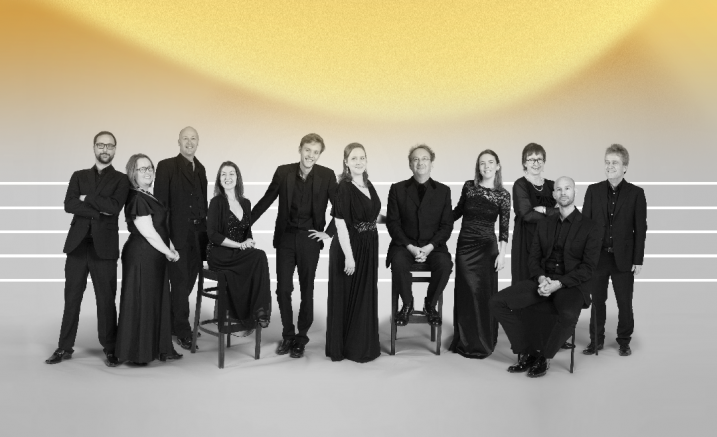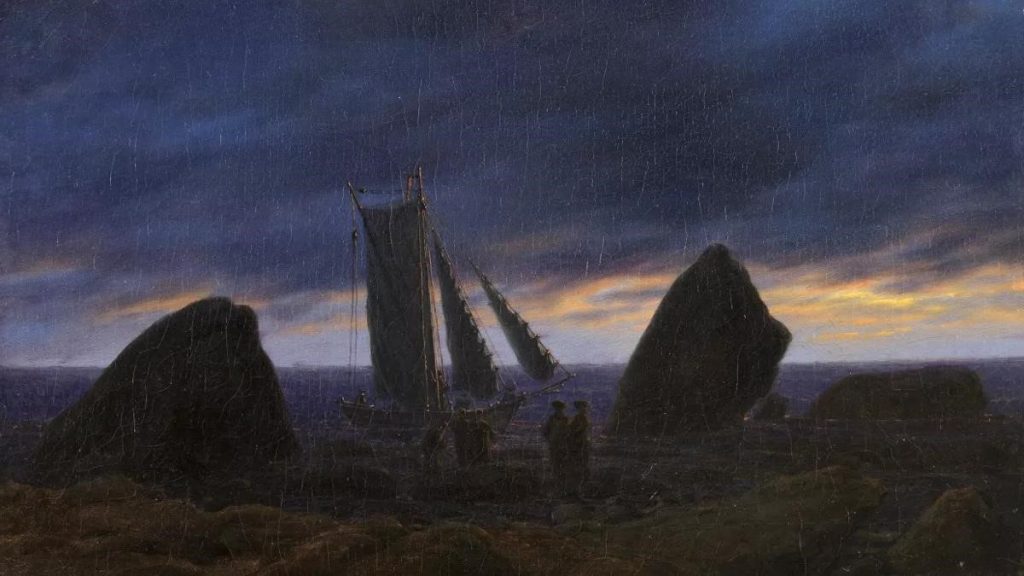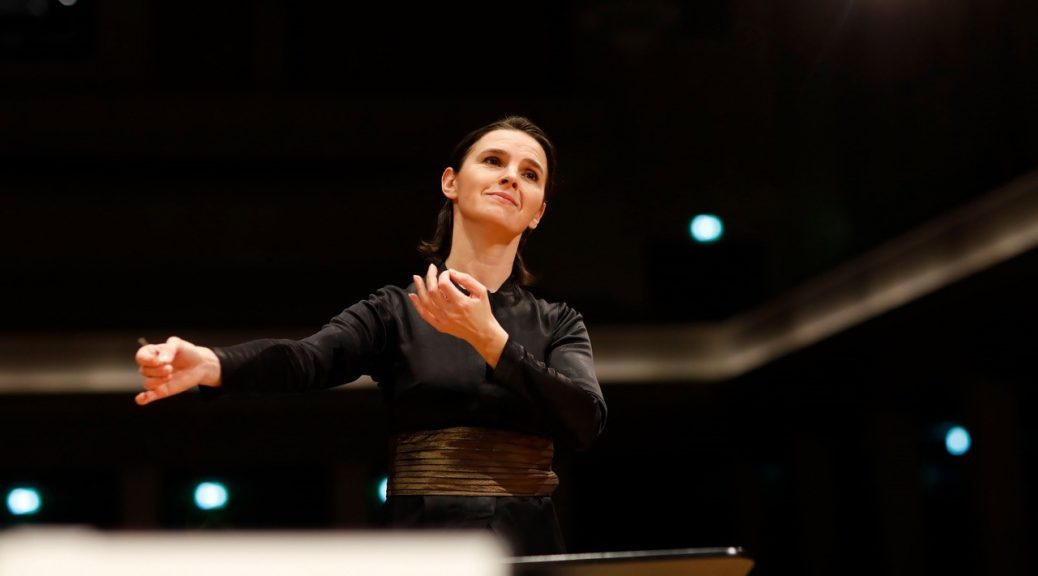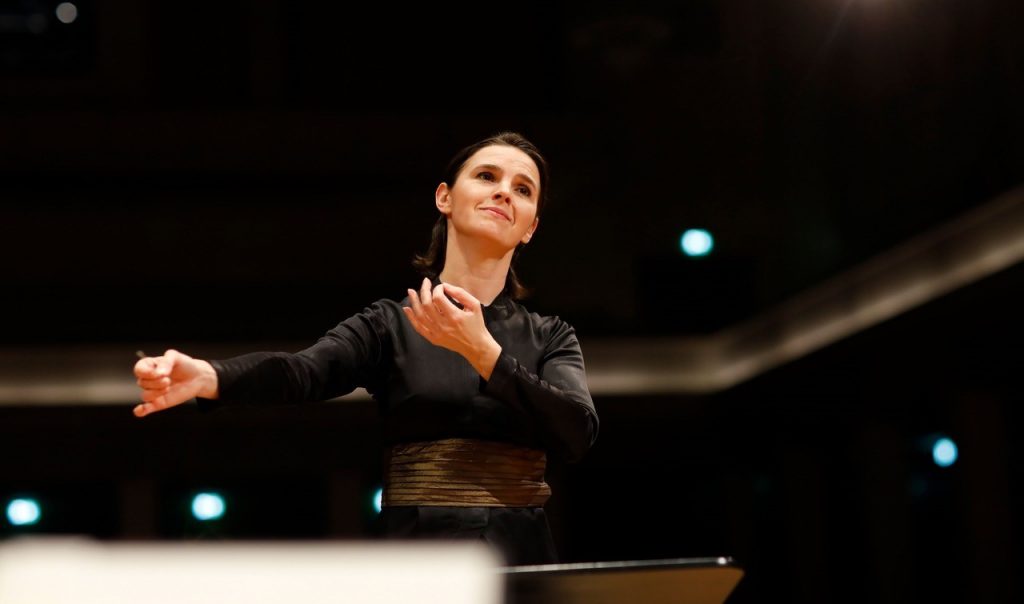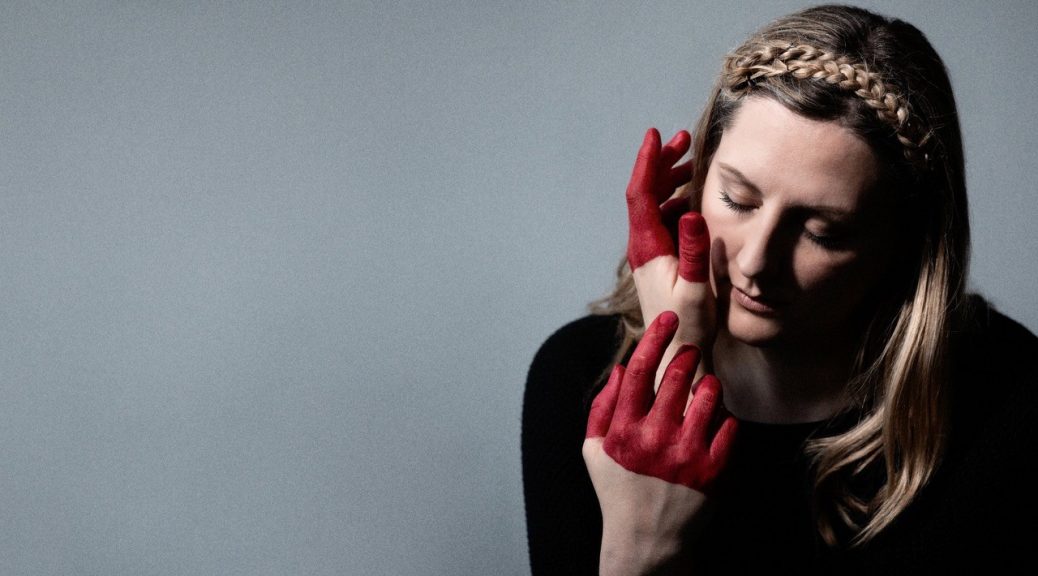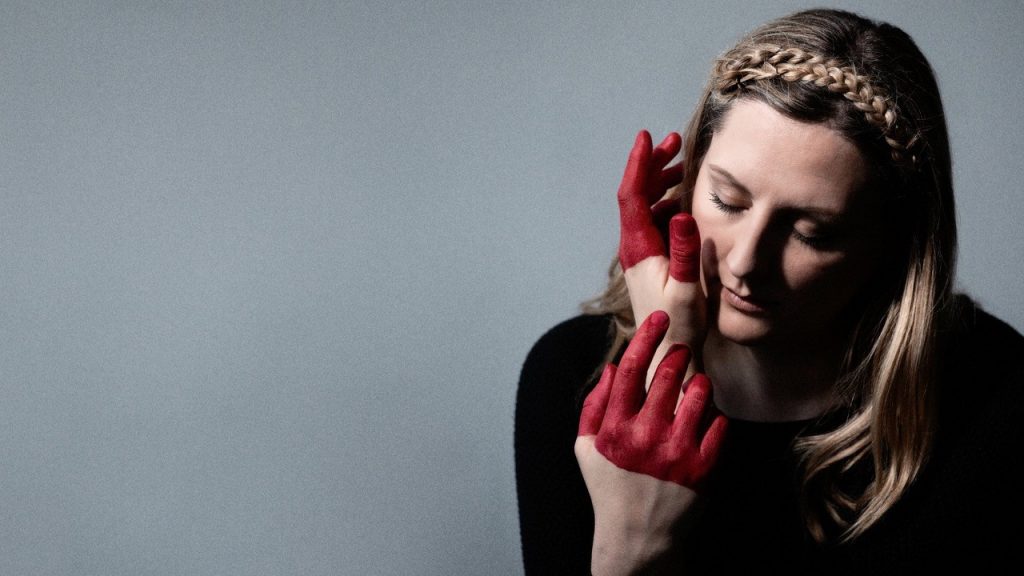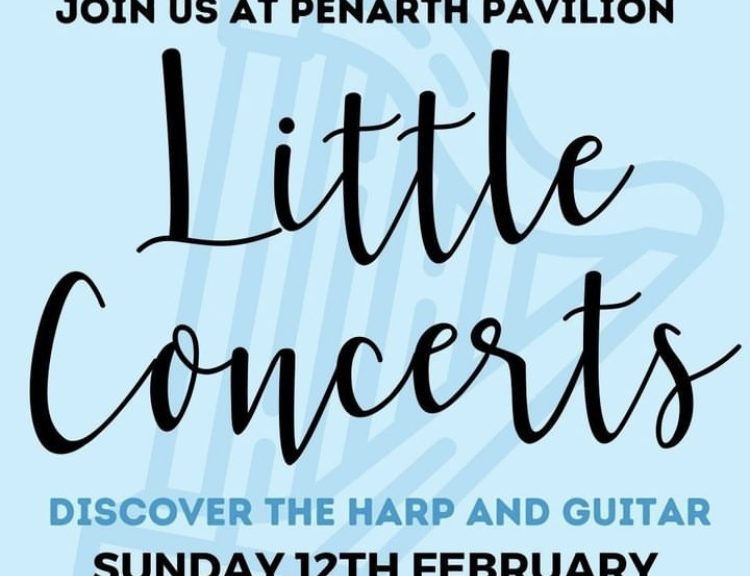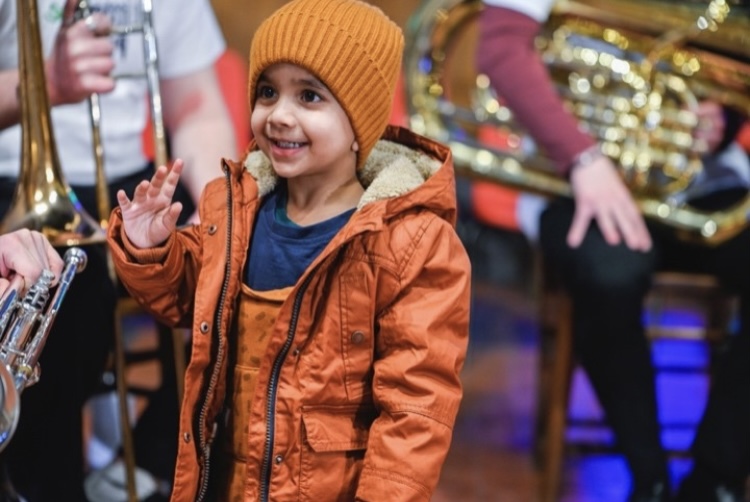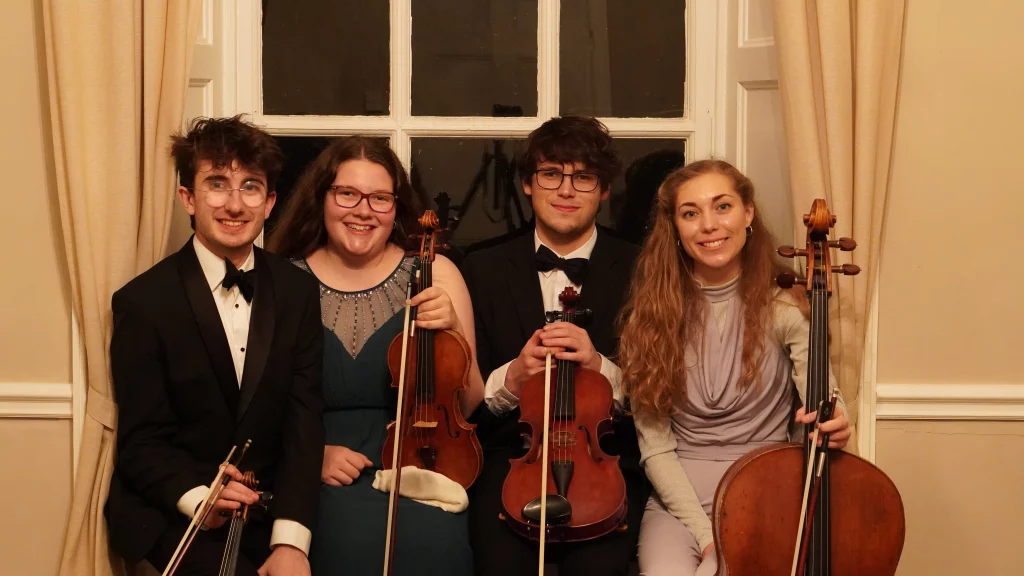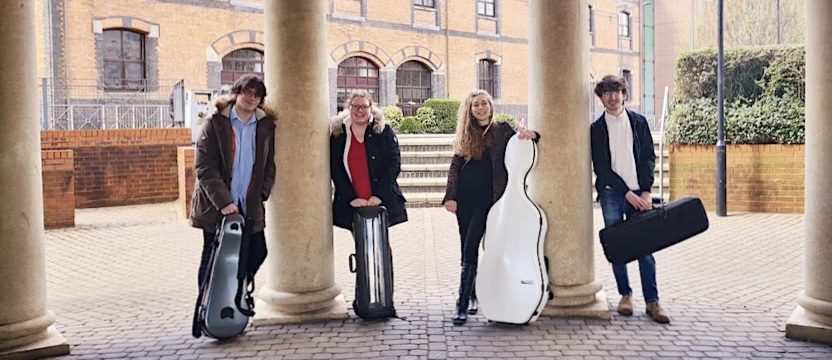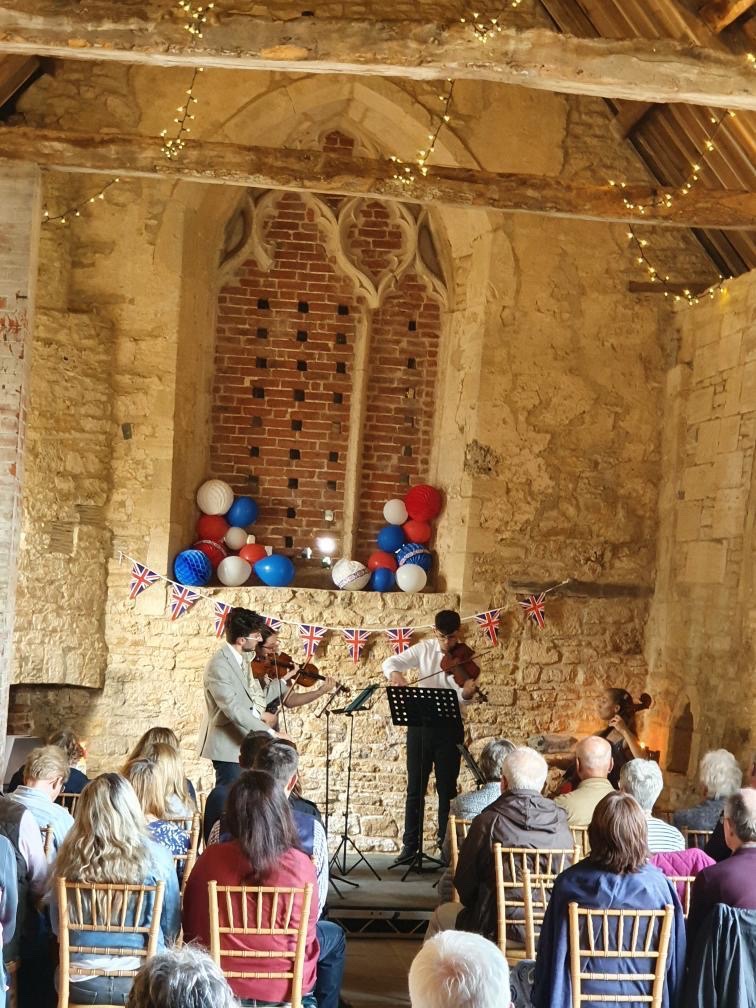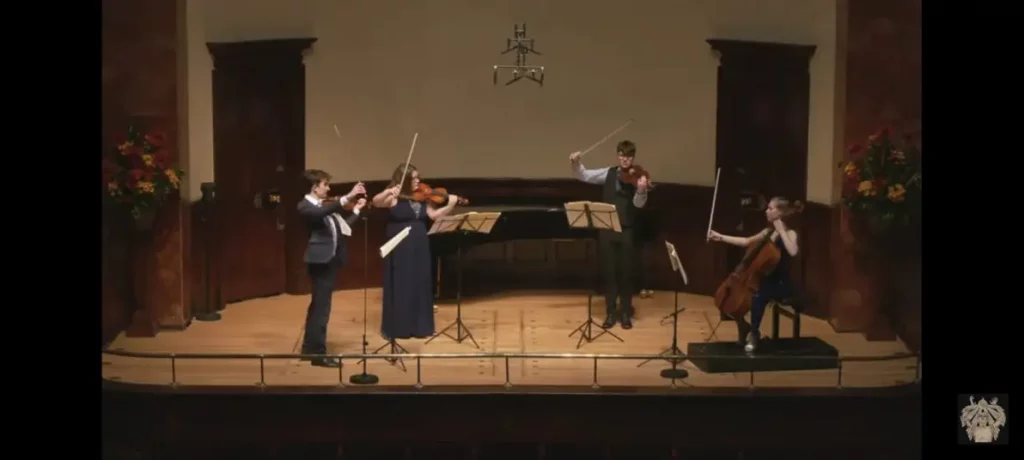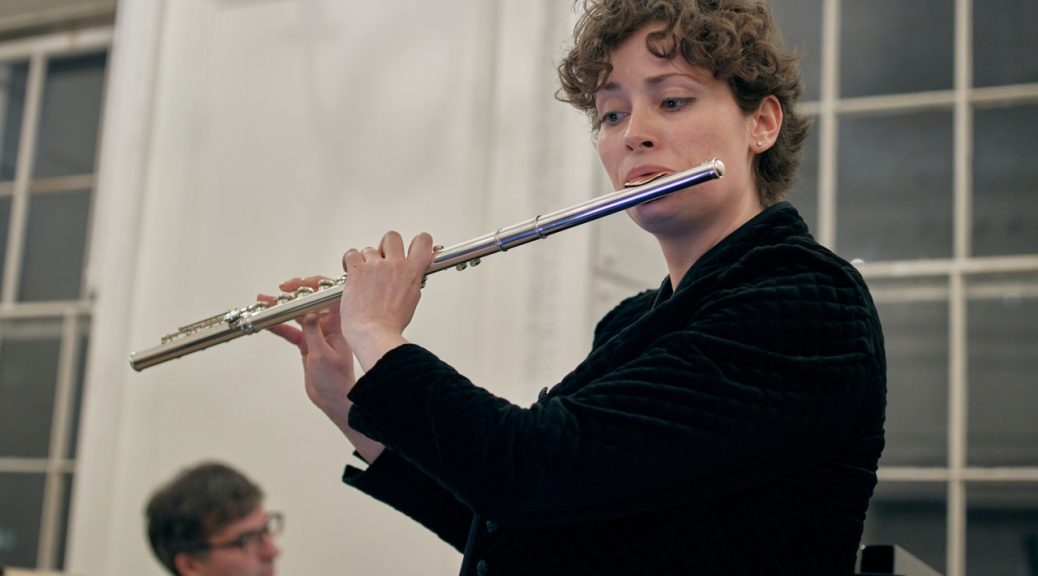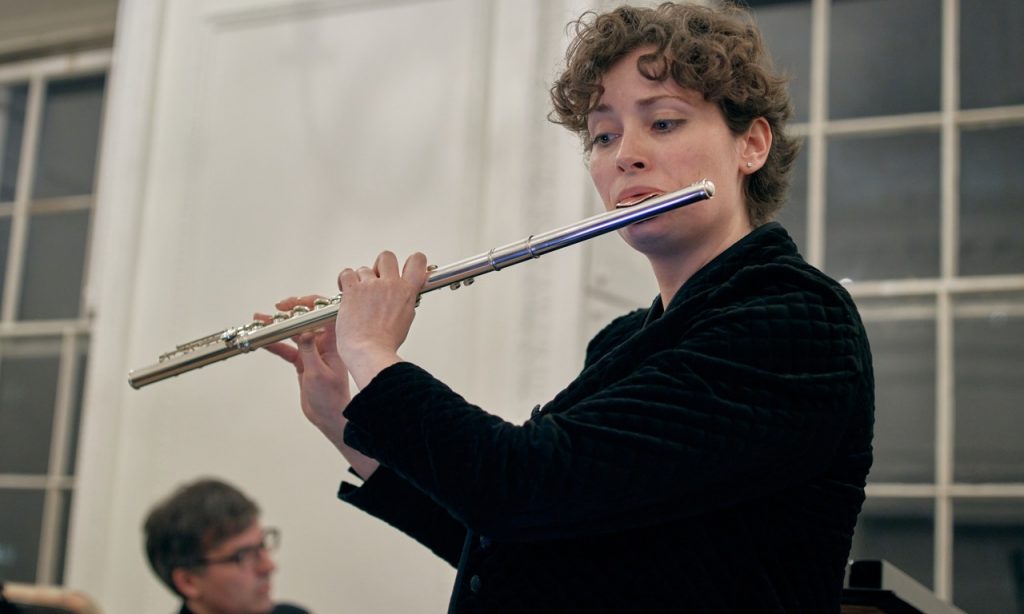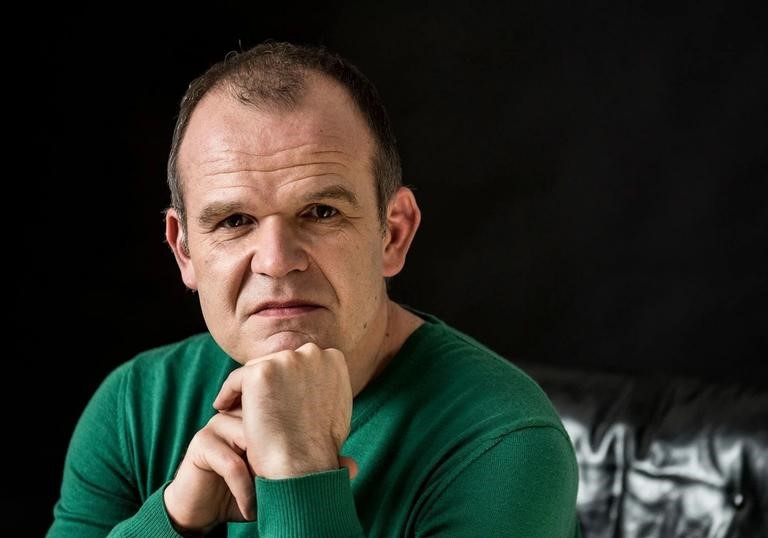
 (4 / 5)
(4 / 5)
In what should be my last trip to London for a while, started off with a wonderful concert at the Barbican. The London Symphony Orchestra on a chilly Sunday night, offered up Schubert in his work for stage and also the church, alongside a curious concerto.
Schubert’s music for the play Rosamunde, Fürstin von Zypern by Helmina von Chézy flopped massively upon first outing in 1823. Though the play itself is lost, the fabulous score by Schubert remains, having been found again in the mid 19th century. Even with the recycled Overture and the Entr’acte to both Act 1 and 3, the music never feels choppy, their is a wonderful symphonic quality, a breezy melodic charm as well. These pieces proves Schubert talent in writing for the stage, his reputation more known naturally in the concert hall. Even the final few bars with the string quartet had a touching, discordant quality to it. The whole encounter was a true delight and one of the more interesting Schubert that I wasn’t aware of. It simply remains a delight.
2018 saw the centenary birthday of German composer Bernd Alois Zimmerman. Though the big celebration that year was that of Leonard Bernstein, Zimmerman is proving to be a composer of worth, one well worth searching out. His Oboe Concerto is a strange, brief affair. Soloist Olivier Stankiewicz stood out as a highlight of the evening, the instrument transforming all sorts of phases and extremities. He even had to disconnect the main part of the oboe before the last movement, the demand of the piece proven in moments like this. There was a mirror shattering orchestration, the oboe cries and shrieks and the feature of piano, harp, celesta and wood percussion also nice touches. It never ceased in it’s formidable inventing nature, it’s unwavering goal for expression and new pastures. More Zimmerman is inevitable.
Back to Schubert, his 5th Mass got together the formidable forces of the Symphony Chorus as well as the four soloists: Lucy Crowe, Adèle Charvet, Cyrille Dubois. This three quarter hour mass is a fair piece, it has some stellar moments for the Horus and soloists, who both equally shine in equal measure. Conductor Francois-Xavier Roth skipped and bounced all evening, his love of the music never faltered, his masterful calibrations for the players and singers helped make this a beautiful concert. Whilst I found the Mass of less interest than the rest of the programme, it did prove a fine feature and a sacred work which should have more public ears upon it.
To think I almost didn’t come and see this glorious concert.

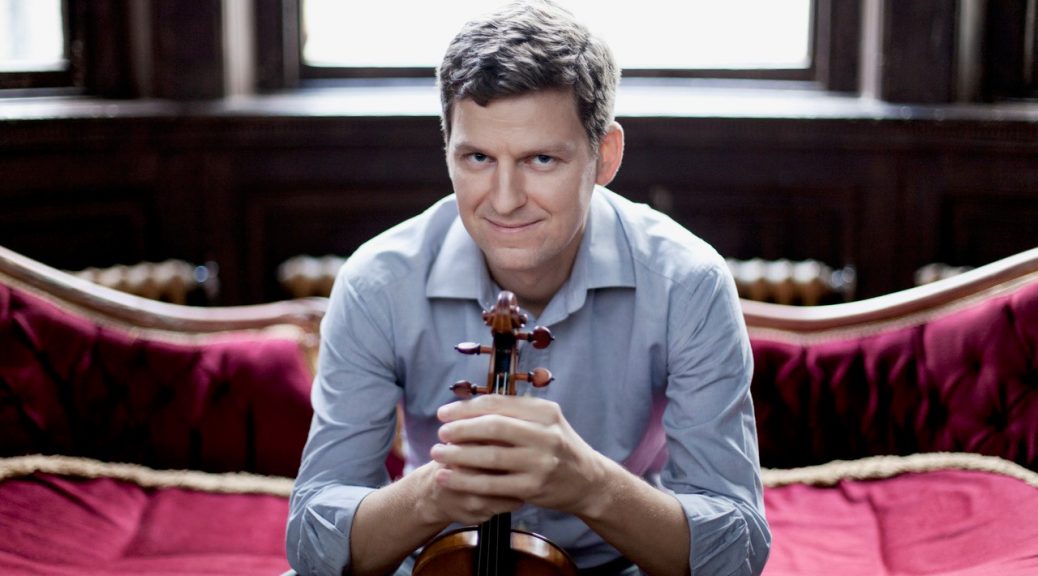
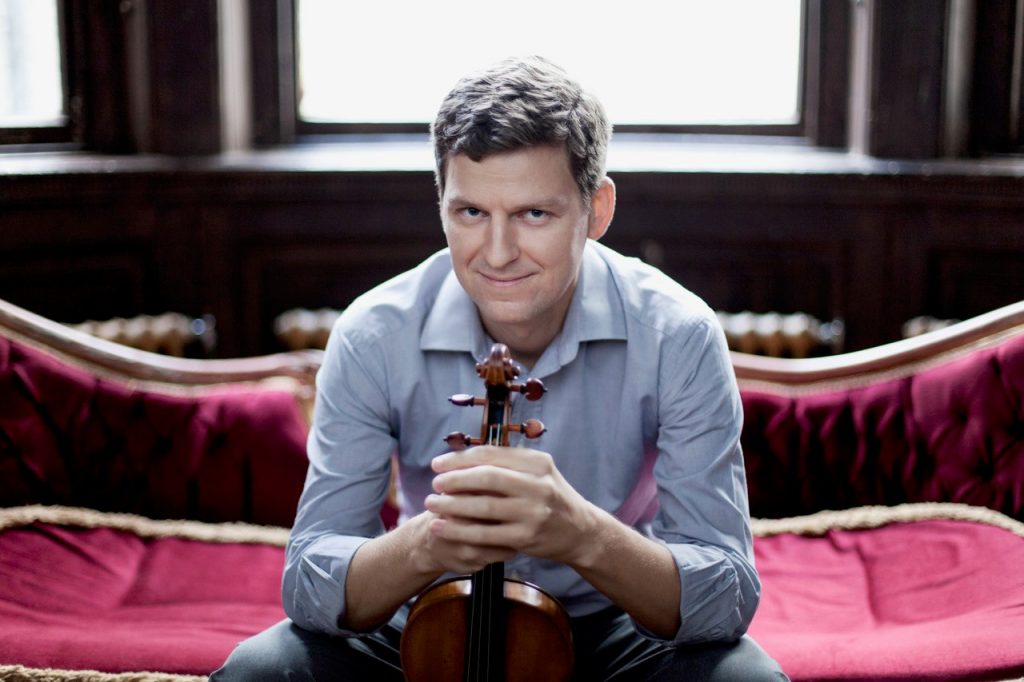
 (3 / 5)
(3 / 5)